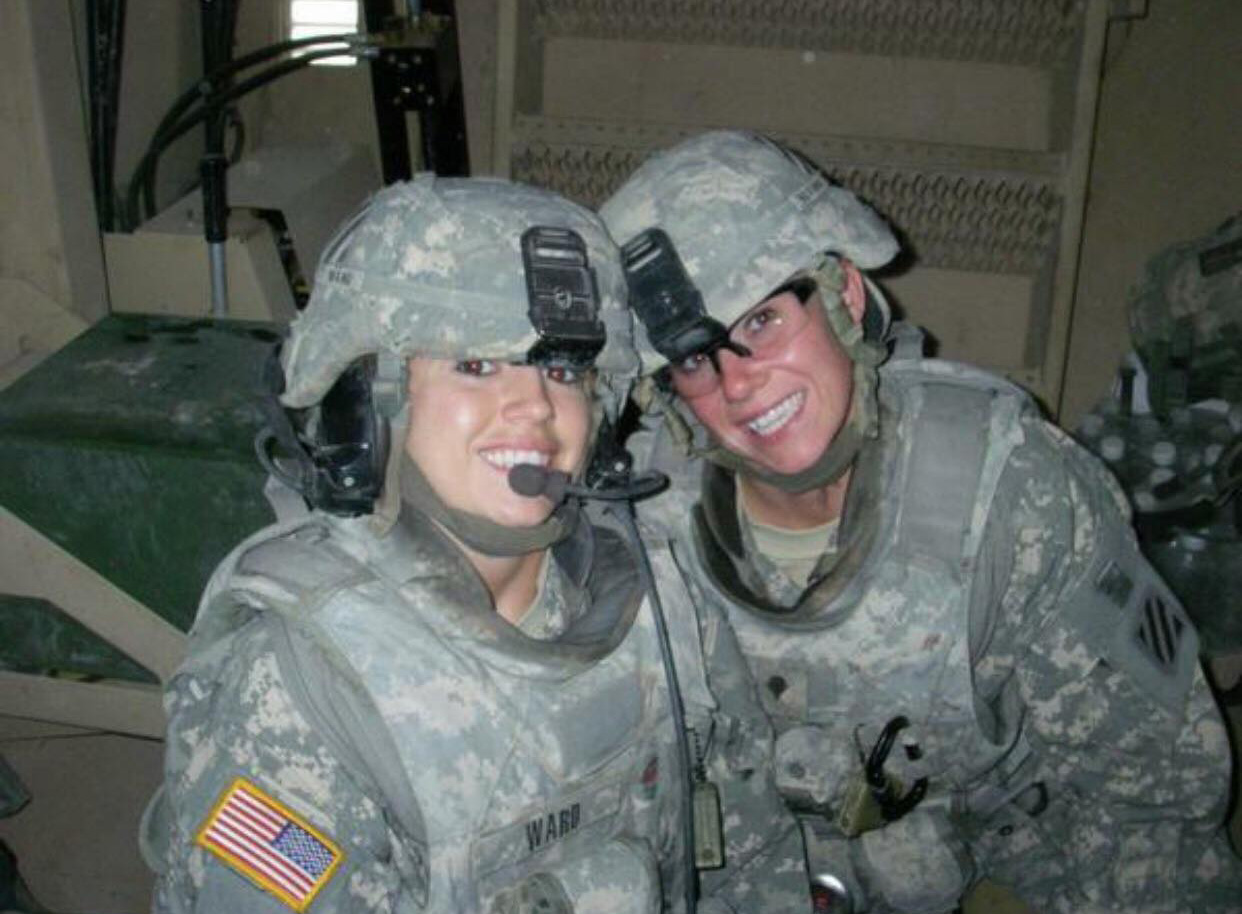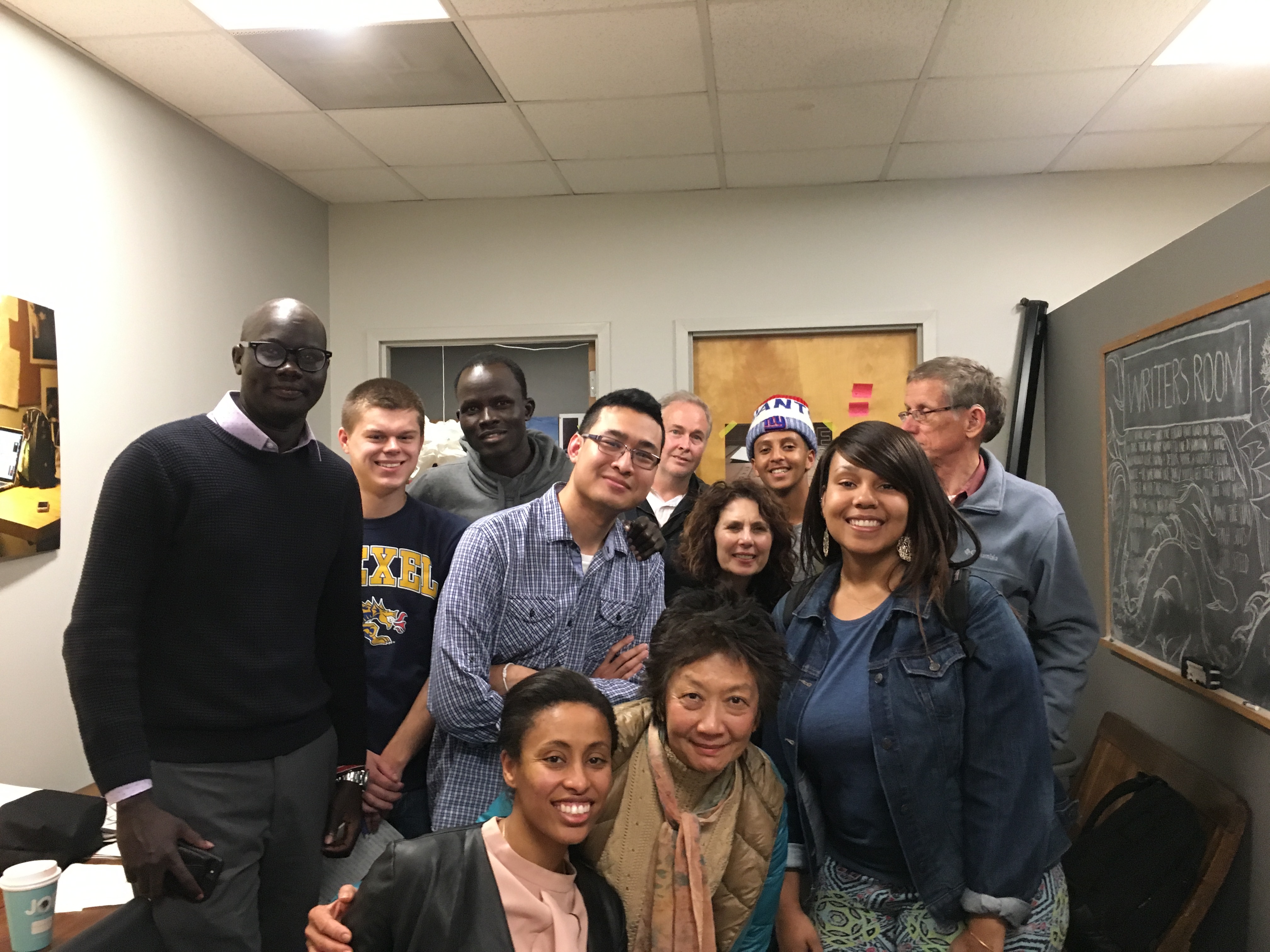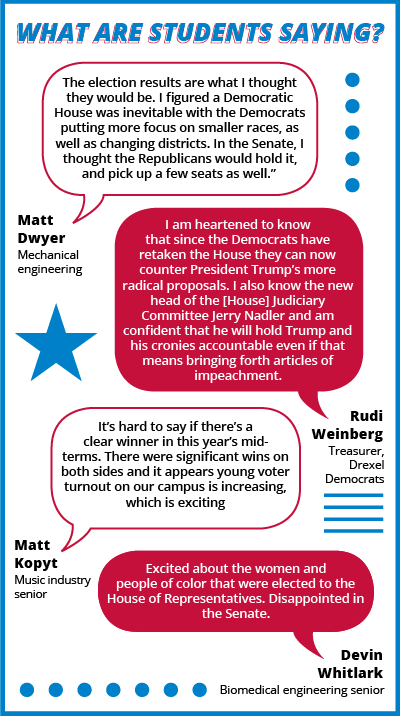Dozens of local filmgoers piled into theatres across Philadelphia to celebrate Jewish filmmakers across the world for two weeks in November. The Gershman Philadelphia Jewish Film Festival kicked off its 38th annual celebrations at the Philadelphia Film Center Nov. 3.
The festival, which concluded Nov. 18, hosted local screenings of over 30 films. These stories were produced in 12 different countries and screened over 11 different venues across Philadelphia. The festival was sponsored by the Gershman Y but the venues for the screenings included the Ritz East, The Clef Club of Jazz, the University of Pennsylvania, along with other local spots. Tickets for the screenings could be purchased online or at the theatres box office while students could attend screenings at the Gershman Y for free.
The catalog of movies this festival season served as a reflection of today’s troubling political climate.
“As you peruse this seasons offerings, you may notice that more than a few films resonate with your own experience or seem to address the kinds of issues we’ve been collectively grappling with as a country,” Olivia Antsis, the festival’s Executive Artistic Director, wrote in a letter for the event’s brochure.
Several of the films served as a reminder of the world’s unforgiving past with documentaries and short films about the Holocaust, while others showcased more modern stories.
“Satan and Adam” is a documentary that was screened Nov. 14 at the Clef Club of Jazz and Performing Arts Nov. 14. Moviegoers sat in the club’s unique theater accompanied by drinks from the theater’s small bar and idle conversation before the movie began.
The film shares the story of a young Jewish harmonica player, Adam Gussow, who begins an unlikely musical duo with singer and guitarist Sterling “Mr. Satan” Magee. The story chronicles the duo’s story of success and demise, featuring a discussion of racial disparity and mental illness: two themes that are not new revelations for most moviegoers.
Mary Hahn, 53, attended the screening with her husband and friends as a veteran of the film festival.
“We come every year”, Mary explained. “It’s important that people take time out of their day to experience different cultures. It builds tolerance out of ignorance.”
“Satan and Adam” was a segment of the festival and it appealed to both fans of films and fans of music. The film features bits of soulful jazz music that filled the room and caused several people in the theater to dance in their seats.
This is the first year the Gershman Philadelphia Jewish Film Festival was an organization of itself instead of an extension of the Gershman Y. This separation gave the festival more opportunities to create events that educate visitors on the process of filmmaking.










